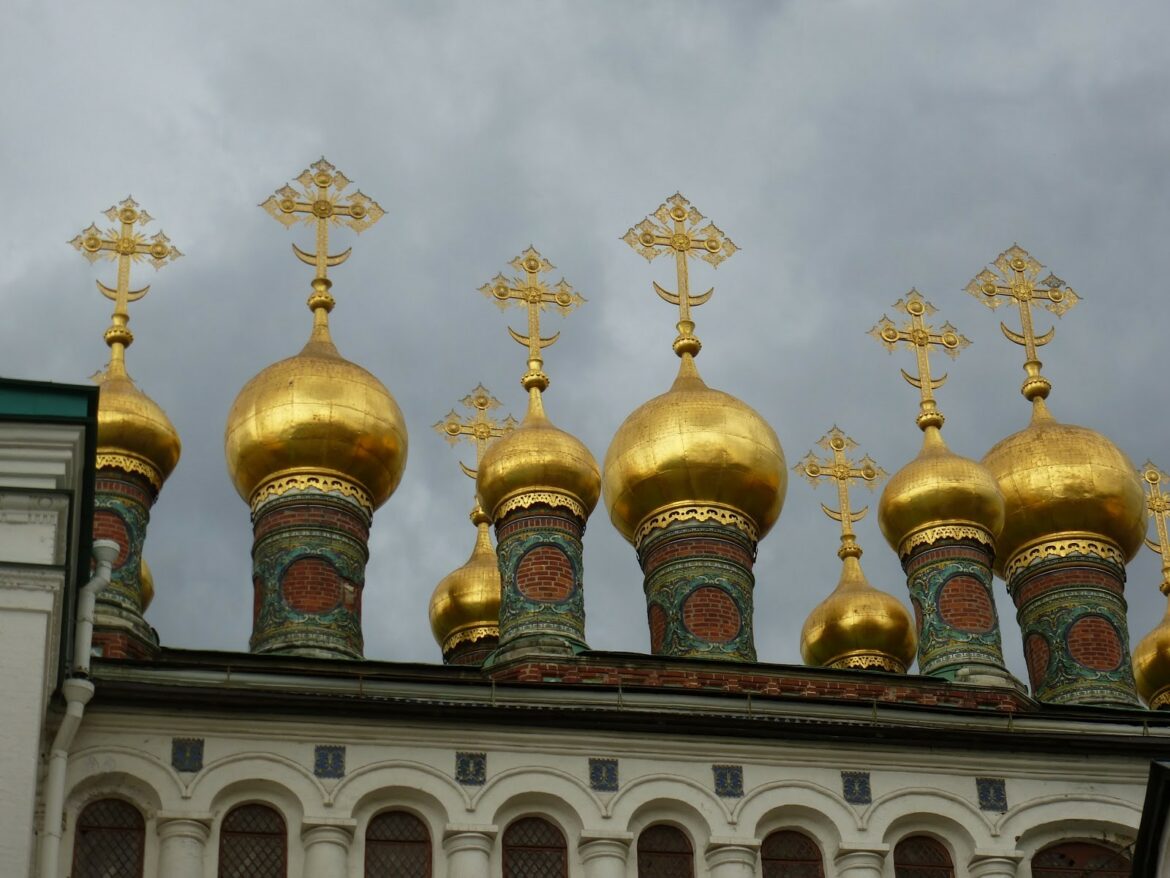How does one leave the Kremlin after nearly two decades in office? And can one leave it gracefully and even more importantly—perhaps—alive? Russia’s Vladimir Putin has little to learn from his predecessors. Of the nine de facto Russian leaders since Lenin, five died in office, two were more or less officially exiled and eradicated from the Russian political scene, one became one of “the most reviled men in Russia”, and the last one remains nothing but the drunk memory of Russia’s chaotic stumble into the 21st century. Putin, the founding father of post-Soviet Russia, surely has no interest in following in his immediate predecessors’ footsteps or becoming yet another Russian leader among many.
Till death do us part
Recent constitutional reforms in Russia, initiated by the president, have commentators pointing to the possibility that Putin might in fact be choosing the more popular mode of transportation out of the Kremlin—that is in a coffin. With the annulment of his presidential terms, Putin could seek reelection in 2024 and technically stay president until 2036, ensuring him a de facto presidency for life, given that the life expectancy in Russia averages 67.75 years for males—an age which Putin has already exceeded.
Putin’s legacy is withering away, unless he makes one of two decisive moves: Tightening his grip on power or—almost unimaginable—letting go.
But why go to such lengths of reforming an entire constitution to be re-elected president if playing a game of musical chairs with a designated side-kick, in Putin’s case Dmitry Medvedev, is just as effective? Unless, of course, the partner is increasingly weak and no longer suitable for the game, as Medvedev’s plummeting approval ratings after 2014, from which the former Prime Minister never managed to recover, indicate. Only after Medvedev resigned upon Putin’s proposition for constitutional changes, and Mikhail Mishustin assumed his position, have the approval ratings for the new Russian Prime Minister started to recover. Perhaps, Putin has found a new president-in-waiting in Mishustin. Though this still wouldn’t explain the constitutional reform.
More realistically, Putin may have realized that his own image might just never fully recover either, after the 2018 anti-government protests—least when the organizer of these protests and Putin’s main political opponent almost miraculously survives a “mysterious” attempted assassination. And only so many political opponents can end up poisoned before an explanation to the Russian people and the international community is inescapable. Approval ratings will unlikely ever reach those peaks of Putin’s early presidency and opposition is only likely to grow louder. In other words, Putin’s legacy is withering away, unless he makes one of two decisive moves: Tightening his grip on power or—almost unimaginable—letting go.
The last responder
If Putin does in fact want to be reelected in 2024, he needs to have sufficient support from the people of Russia, meaning he needs to stabilize his approval ratings. Those are in fact looking pretty stable—albeit not great—even if one accounts for a temporary corona-induced low. Yet, if he actually plans to retire, doing so with such mediocre ratings—a far cry from his heydays—would leave a bitter aftertaste for the man who has been ranked Russia’s second greatest leader after Stalin by the Russian people. Whenever and however Putin leaves the Kremlin, he will want to do so on a high note. Since Putin first assumed power he has only experienced two major crises in approval ratings—not counting the most recent one triggered by the Kremlin’s response to the coronavirus pandemic. The first were the large scale anti-government protests between 2011–2013, that were, among others, motivated by Putin’s decision to run for reelection. It was essentially Russia’s suspiciously successful performance at the Olympic Winter Games in Sochi—cue: the 2017 documentary “Icarus”—that propelled Putin’s ratings back up after these protests.
The second were the large-scale anti-corruption protests against the government between 2017–2018 and although not immediately linked to Putin’s reelection, these—once again—occurred in the year of the Russian presidential elections out of which Putin would emerge victorious. Unfortunately for him, there were no more major sports events scheduled in the near future that could prove handy to Putin’s agenda. If the Kremlin wants to keep an already strained Russian population under control for the next presidential election—or even just until then—they need to find a remedy for the dissatisfaction. And how better to please the opposition than to give them what they have been asking for ever since the President circumvented the constitution in 2012: a Russia without Putin.
A Piece of Eternity
Enter the constitutional reform. However near or far the amendments project the end of Putin’s reign, it does project it. It is almost a guarantee for no one like Putin to ever happen to Russia again. And Russia was thrilled about that: A sweeping 78 percent of Russians approved Putin’s suggested reforms, even in a time where the President’s popularity itself was scraping at a corona pandemic induced near all-time low, and even at the risk that Putin might in fact run for another term. At least the end is in sight.
“But Putin’s reform might just prove successful, regardless of future presidential terms or even approval ratings.”
Had the corona pandemic not happened, Russians might have even been thankful enough for their president offering his own head, to spare some more positive opinions towards him, too. Then Putin’s master plan might have worked out––he could have left with a bang or ridden his wave of approval a bit longer. But Putin’s reform might just prove successful, regardless of future presidential terms or even approval ratings. In the end, the reforms have gifted Putin with one thing: He has enshrined his legacy—his rediscovered Russian greatness—into the heart of the Russian state, while ensuring that no president after him will even come close to this legacy. And that itself is a piece of eternity for Putin.
Related Articles
Freedom in the Russian neighbourhood
Photo credits
Kremlin, Luigi Selmi, CC BY-SA 2.0
Chris Liverani, Unsplash










